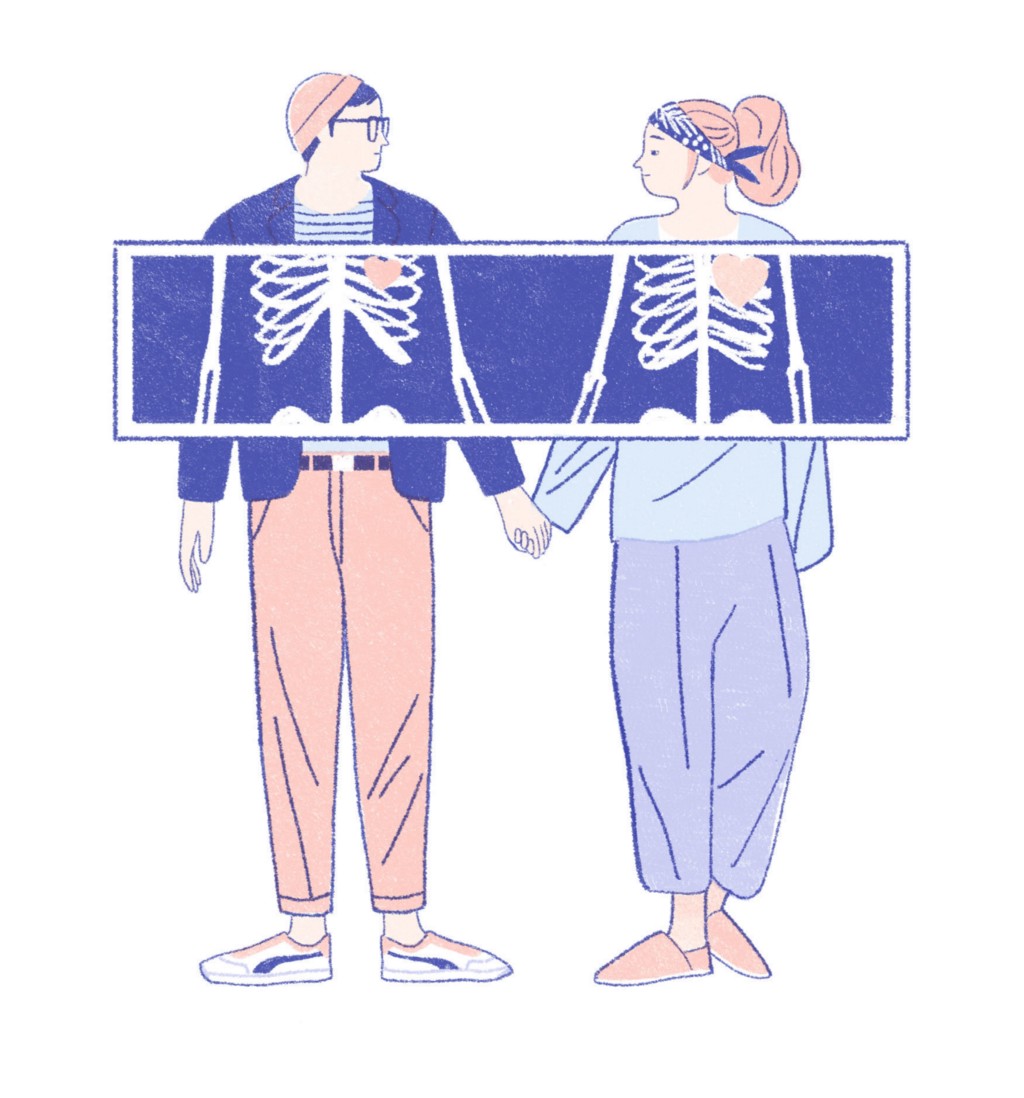“Love In The Age Of Big Data”

You might expect love to be the last frontier breached by data. It is the Antarctic of the human experience, richly feeding the oceans of our emotions, yet somehow remaining elusive and unknown. Philosophers have argued over it for millennia without arriving at a satisfactory definition. Poets like Erich Fried capture its strange mix of pleasure and pain, the sense of its essential ungovernability: “It is foolish, says caution / It is impossible, says experience / It is what it is, says love.”
I first encountered Gottman’s research last year in an Atlantic article called “Masters of Love.” It went viral; my own friends posted it on Facebook saying, “This is what it comes down to.” Finally, love had been harnessed in the laboratory, seen, understood and broken into building blocks we could all apply to our lives.
The article proposes a recipe for becoming a love “master” instead of a love “disaster” by responding the right way to what Gottman calls your partner’s “bids for connection.” A “bid” is when your lover points out your kitchen window and marvels, “Look at that beautiful bird outside!” You could go “Wow!” and get binoculars (an active “turn-towards”); mumble “Huh,” and keep reading your newspaper (a passive reaction, less good); or say, “I’m sick of your fucking birds. What about the broken garage door?” Gottman found that masters turn towards their partners’ bids 87 percent of the time. Love, he concluded, comes down to “a habit of mind.”
I’ve been married for less than a year, but that anniversary doesn’t really count for me; we’ve been together for 12, so. Friends who know both of us often comment on how perfect we are for each other, and friends who only know me often comment on how he must be a saint, and neither assessment is wrong, exactly, but there is a whole lot of other shit at work that I still haven’t been able to properly define. Maybe in another 12 years.
I don’t necessarily agree that length is what defines a successful relationship, only because I don’t know if success is what a relationship’s goal should be — is a relationship a mathematical equation that produces a sum? — but Eve Fairbank’s excellent essay on Highline about the psychologists and social scientists trying to quantify and predict how two people can form a loving, lasting union provides some fascinating attempts to answer that question.
Art: Jun Cen